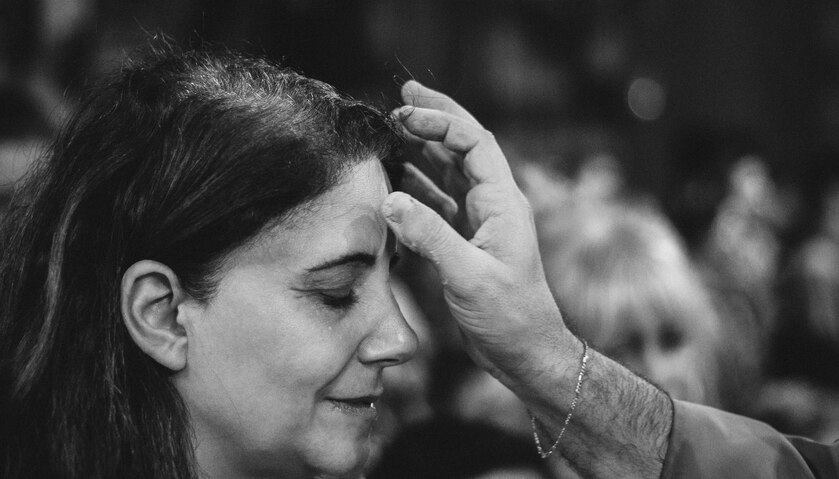Lent begins this Ash Wednesday, a time of conversion, in which Christians must turn to God, seek reconciliation with Him, and mortify their sins. It begins with the celebration in which priests place ashes on the heads of the faithful. This act is meant to lead the Christian to reflect on his origin: dust, as is explicit in the book of Genesis, “For dust you are, and to dust you shall return” 3:19.
The Lenten season has its origin in the 40 days in which Jesus fasted and prayed, preparing himself to face the devil and his temptations in the desert. Thus, we are also called to live this time: in penitence and in prayer, united to the mystery of Jesus.
“The times and days of penance in the course of the liturgical year – the time of Lent, each Friday in memory of the Lord’s death, are strong moments of the Church’s penitential practice. These times are particularly appropriate for spiritual exercises, penitential liturgies, pilgrimages as a sign of penance, voluntary privations such as fasting and almsgiving, and fraternal sharing.” (CCC 1438)
But how to live this time of Lent well?
“The Christian’s interior penance can have very varied expressions. The Scriptures and the Fathers insist mainly on three forms – fasting, prayer, almsgiving – which express conversion with regard to oneself, to God, and to others” (CCC 1434).
Fasting
“Abstinence from meat or other food, according to the prescriptions of the Conference of Bishops, is to be observed on every Friday of the year, unless it coincides with some day enumerated among the solemnities; abstinence and fasting are to be observed on Ash Wednesday and on the Friday of the Passion and Death of Our Lord Jesus Christ” (Law of the Canonical Code Canon 1251).
We are also called upon to do some exercise of mortification, such as not eating something we like very much, drinking a specific drink, not watching our favorite television program, and so on.
Prayer
During these forty days we should intensify our prayers. Meditate the liturgy daily, participate diligently in Holy Mass, dedicate ourselves to personal prayer, adoration of the Blessed Sacrament, and also participate in the Stations of the Cross, meditating on the suffering of Jesus in His Passion.
Almsgiving
The works of mercy are the charitable actions by which we help our neighbor in his physical and spiritual needs. Instructing, counseling, consoling, comforting are spiritual works of mercy, as are forgiving and bearing with patience. The corporal works of mercy consist, above all, in feeding the hungry, giving drink to the thirsty, giving shelter to the homeless, clothing the ragged, visiting the sick and prisoners, and burying the dead. Among these gestures of mercy, almsgiving to the poor is one of the principal testimonies of fraternal charity (CCC 2447).
Penance and Reconciliation
We are also called to make a deep examination of conscience, to reflect on life, family life, at work, with friends, and through confession reconcile ourselves to God, freeing us from sin. “The sacrament of Reconciliation with God brings with it a true ‘spiritual resurrection’, restitution of the dignity and goods of life of the children of God” (CCC 1458).
We are called, furthermore, to reconciliation with those who have hurt us and been hurt by us. To forgive and to ask for forgiveness.
Let us live together this path to Resurrection!

